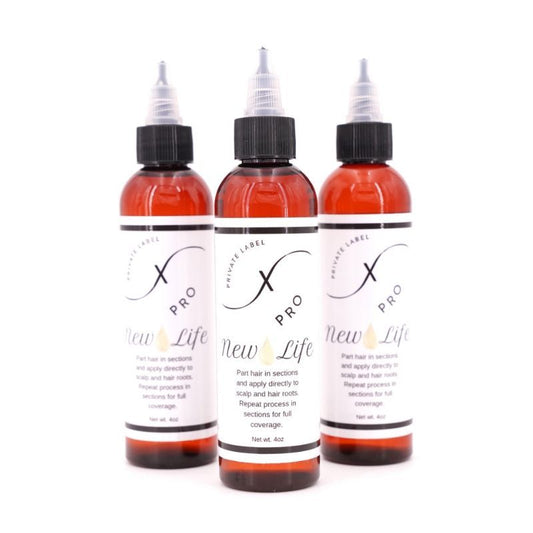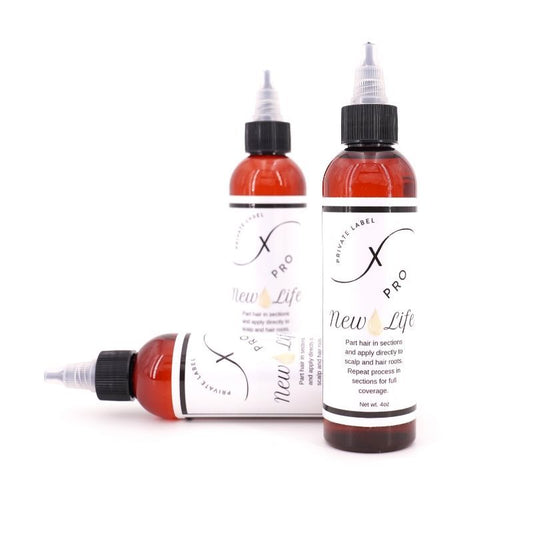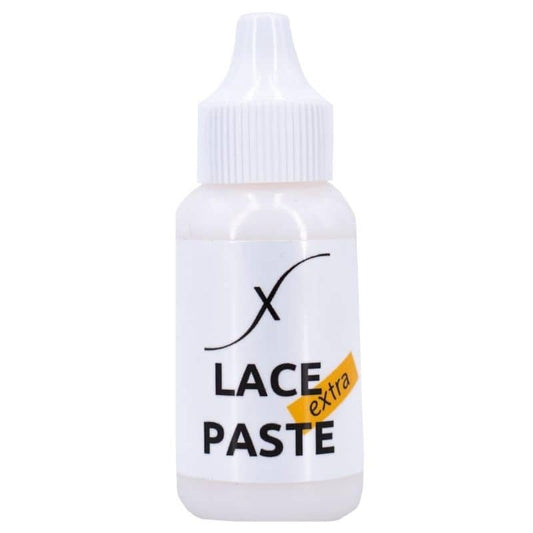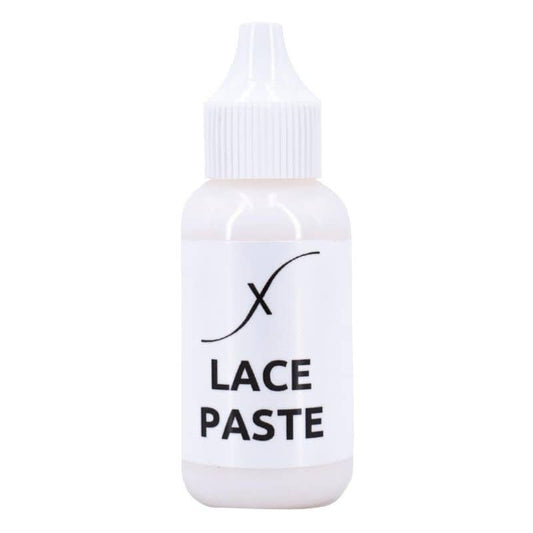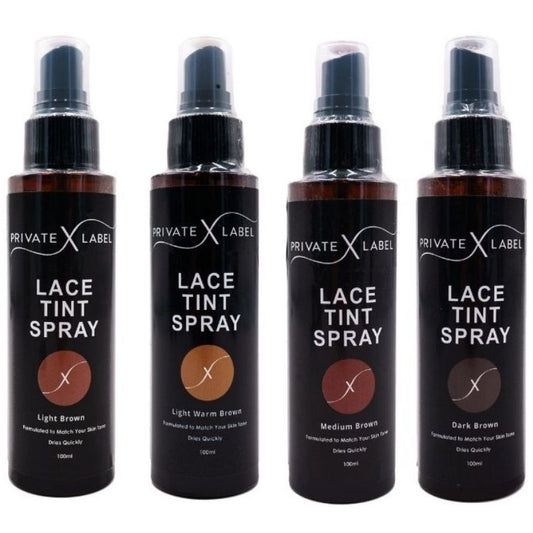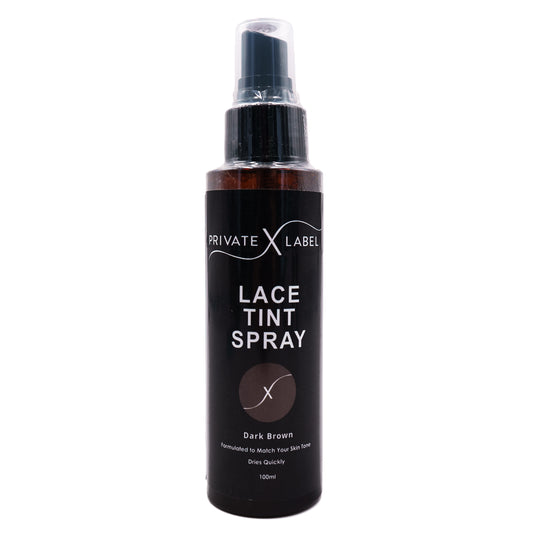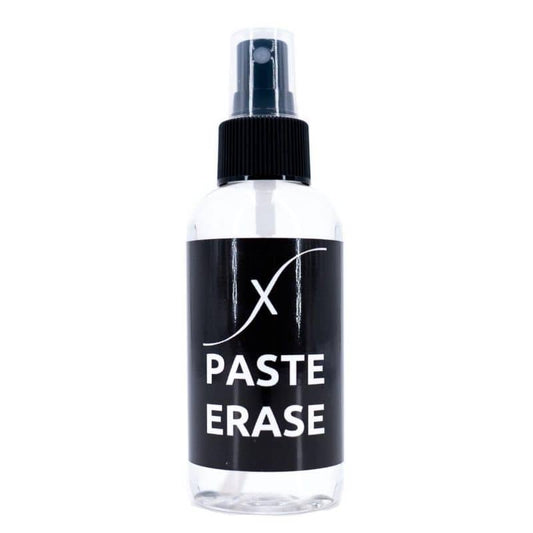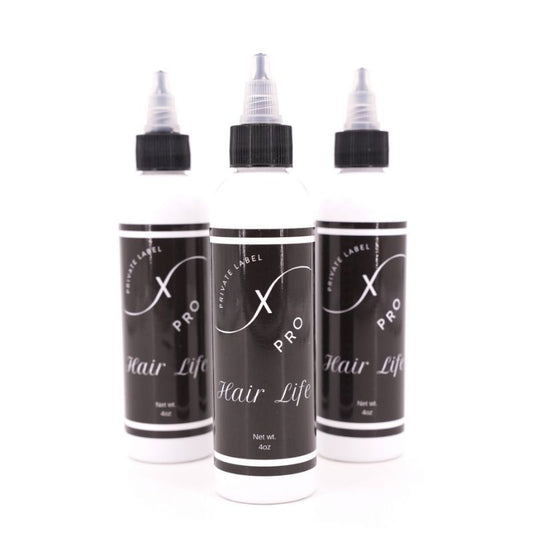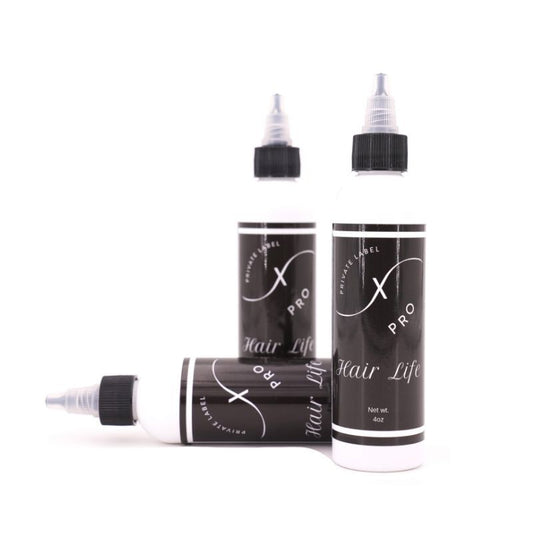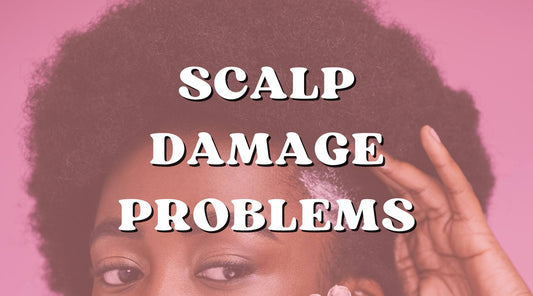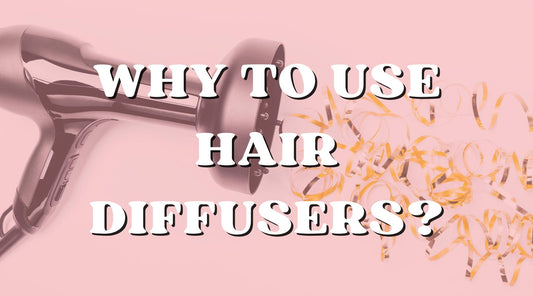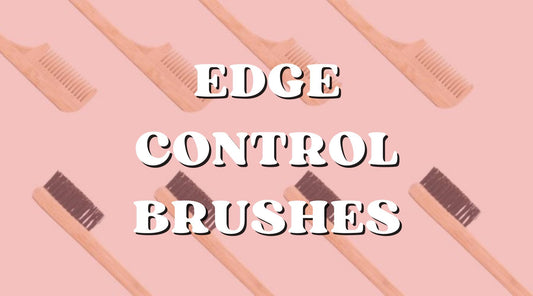1260 Memorial Drive
Atlanta, Georgia 30316
404-458-1330
Why ACV Is the Key to Saving Locs
Mikey MoranWe’ve all heard it plenty of times before – apple cider vinegar (ACV) is the perfect solution for everything!
Do you want to use weight? Try some ACV. Do you want to lower your blood sugar levels and fight diabetes?
Try some ACV. Do you want to improve your skin? Try some ACV. Do you want to be a millionaire?
Try some ACV (okay, let’s not get carried away). 🍏
The point is that this type of vinegar is prevalent because it has endless benefits that could help us all make some improvements in our lifestyles.
Would you believe me if I told you that it could also help save your locs, whether they are synthetic or human braiding hair?
When I said it helps with everything, I meant that!

What Makes ACV So Special?
Out of all the types of vinegar in the world, what makes apple cider so unique and helpful for all kinds of preventative measures and body care?
I have a few reasons why ACV is the perfect go-to for all of your skin and hair needs.
- This vinegar is super rich in protein and enzymes that can protect skin and hair from bacteria.
- Aids in balancing pH levels in your scalp.
- An antifungal and antiviral substance.
- Excellent for opening clogged pores.
- Adds moisture to dry hair and skin.

ACV Is for Every Type of Loc Style
Whether you have grown out natural locs or you’re rocking a faux style, ACV is one of the best methods for cleansing your hair.
For those of you wondering if the form of faux locs you have is suitable for an ACV treatment, I can already let you know that it is!
Goddess, curly, yarn, long, short, straight, or even boho braids– no matter what type of locs you have, this method is a surefire way to achieve healthier and much cleaner results.
It’ll also make the takedown process less time-consuming and tedious, but we’ll discuss that a little later!
 ACV Cleans Your Locs Like Never Before
ACV Cleans Your Locs Like Never Before
You may think you are cleansing your synthetic or natural locs using the usual Deep Wave Braiding Hair with your regular shampoo and conditioning routine.
But you may not reach every layer of your hair and scalp with those products alone.
Before proceeding with your regular wash day routine, try adding an ACV rinse to extract all those toxins and filthy particles from the wrapped strands of your hair.
You can either soak your hair in ACV alone or create a mixture that includes baking soda and warm water.
(I recommend using a mix. If you want to get fancy, you can add some lemon juice and sea salt to your combination.) Drench your hair in your ACV mixture by dipping small sections of your hair at a time.
If you can find a way to comfortably submerge your head into a sink filled with it, then go for it.
Leave your hair soaked for a few minutes (up to 15, whatever is the best option for you), and make sure to cover your scalp as well.
Once you finish soaking, rinse your locs with water. For maximum results, repeat this process once more to get even more of the buildup and dirt out of your hair.
After you’ve completed this step, carry on with your shampooing and conditioning.
Your locs will feel refreshed and restored!

Itchy, Irritated Scalp? ACV Will Do the Trick!
Not only will this type of vinegar cleanse your locs to perfection, but it will also revive your irritated and itchy scalp.
Having locs rub up against the skin on your scalp area all day and every day will cause you to feel even more dryness, which could result in flaking. Guess what?
ACV can solve that, too! To relieve the annoying feeling that comes with an irritated scalp, work ACV into your scalp by either doing the rinse described above or using a spray bottle to distribute the mixture directly to that area.
To concentrate even more on your scalp, you can dip a cotton ball into the mix and dab it along each section of the scalp exposed between the locs.
Rinse and repeat for an even fresher scalp.
 Soaking Hair for Faux Styles Before Installation Is a Major Key
Soaking Hair for Faux Styles Before Installation Is a Major Key
Have you ever considered if the synthetic hair that you purchase and wear right out of the pack (such as Marley or Kanekalon hair) is clean or not?
Not to psych you out, but it’s not as clean as it could be. Let’s be real – it had to go through a lot before it was packaged and placed on the shelf.
Don’t worry! You should already know what I’m going to say – ACV can solve it! Create a solution of water and ACV, then soak the synthetic hair to kill off any of the chemicals that you typically find in these types of hair extensions.
After completing this process, soak the hair in only water to remove the ACV. That is a great method to prevent irritation of the scalp.
Treat your scalp well and get some Burgundy Braiding Hair or Copper Braiding Hair instead of this cheap lousy hair.

Taking Your Faux Style Down Just Got Easier!
There’s nothing more dreadful (get it?) than taking down any faux loc style.
It seems to take forever, and your natural hair suffers as well. Once again, ACV saves the day!
To avoid struggling with buildup once you remove the hair, apply the rinse to your natural hair.
This method, after the takedown process, is helpful for protecting your hair against the tugging and pulling that comes with detangling.
The last thing you want to do is ruin your strands after you are trying to protect them with this style.

That’s What Makes ACV So Great for Locs
Who knew that a simple, inexpensive substance that you can find in your kitchen cabinet could work miracles for your locs?
Don’t you love it when you can take an everyday product and make it into a home remedy for healthy hair? Same here!
As you can tell, I love this vinegar, and I recommend it for all types of hair, especially locs.
It’s a lifesaver that requires little effort during the application process but achieves incredible results. 😋
ACV is also great because it’s a natural product that does not contain harmful ingredients that could do more damage than good.
Give these ACV techniques a try, and let me know how they work for you.
What results did you notice for your locs after incorporating this type of vinegar into your hair routine or after coming from the hair salon visit? Share in the comments below!

